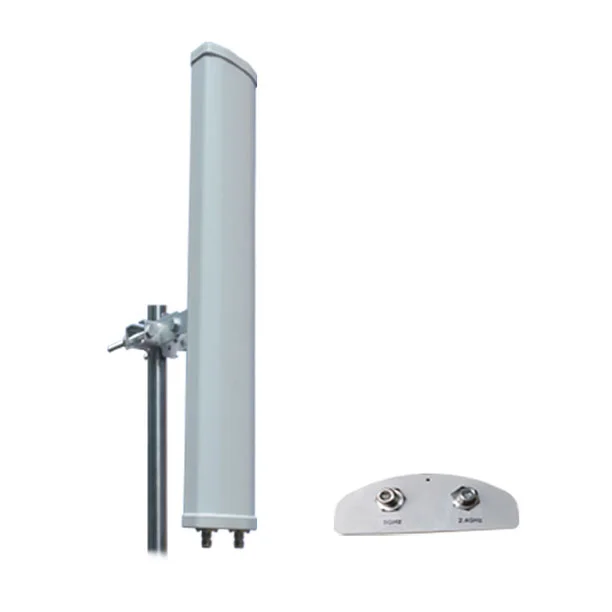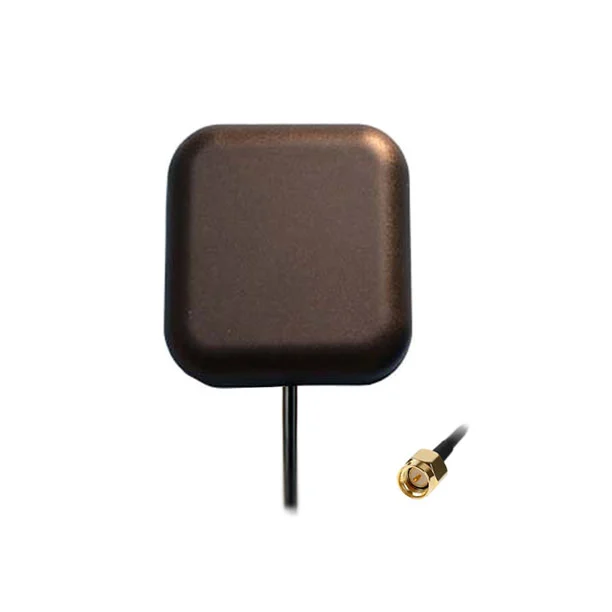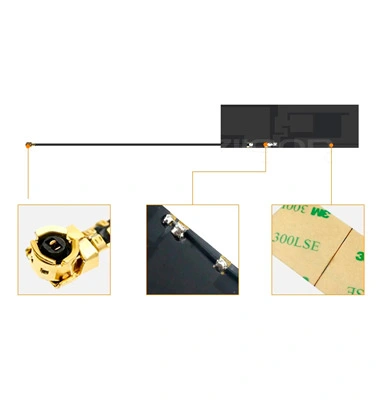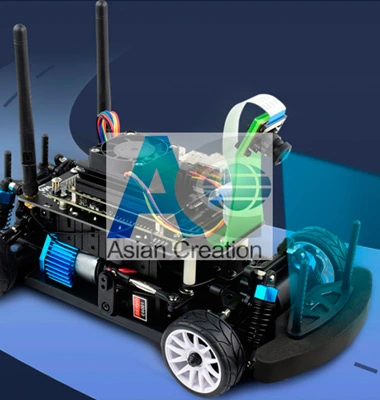In today's rapidly developing mobile communications field, 4G technology still plays a crucial role, providing billions of users with stable and high-speed network connections. Within this technological framework, the 4G sector antenna is key equipment that enhances network coverage and capacity, and its performance and quality directly affect user experience.
Technical Features of 4G Sector Antennas
High Gain
4G sector antennas typically have high gain, meaning they can more effectively concentrate and amplify signals, thus maintaining signal strength and stability over greater distances.
Directivity
Unlike omnidirectional antennas, 4G sector antennas have a defined radiation pattern, emitting signals only within a specific angular range. This helps reduce signal interference and increase frequency utilization efficiency.
Adjustable Beamwidth
Some advanced 4G sector antennas support adjustable beamwidth, allowing operators to optimize the antenna's coverage range and directivity based on actual needs.
Highlights of AC's 4G Sector Antenna Products
Precise Coverage and Efficient Transmission
AC's 4G sector antennas are designed for modern wireless communication networks, utilizing advanced manufacturing processes and materials to ensure stability and efficiency in signal transmission. These antennas not only feature high gain, providing precise coverage of designated areas and reducing signal blind spots, but also have excellent anti-interference capabilities, ensuring stable communication quality in complex electromagnetic environments.
Accurate Positioning and Flexible Deployment
To cater to different scenarios and needs, AC offers various models of 4G sector antennas, including options with 90°, 120°, and 180° beamwidths. This flexibility allows operators to choose the most suitable antenna for deployment according to actual conditions, achieving precise coverage of specific areas. Additionally, AC's 4G sector antennas support vertical and horizontal polarization adjustments, further enhancing the flexibility and efficiency of signal transmission.
Wide Application: Assisting Network Construction
AC's 4G sector antennas are widely used in various network construction scenarios, including urban hotspot coverage, suburban base station expansion, and highway coverage. These antennas not only effectively extend network coverage and capacity but also reduce construction costs and maintenance difficulty, providing operators with more economical and efficient solutions. Moreover, they are extensively applied in fields such as public safety, emergency communication, and the Internet of Things, contributing to the advancement and development of societal information infrastructure.

 English
English





